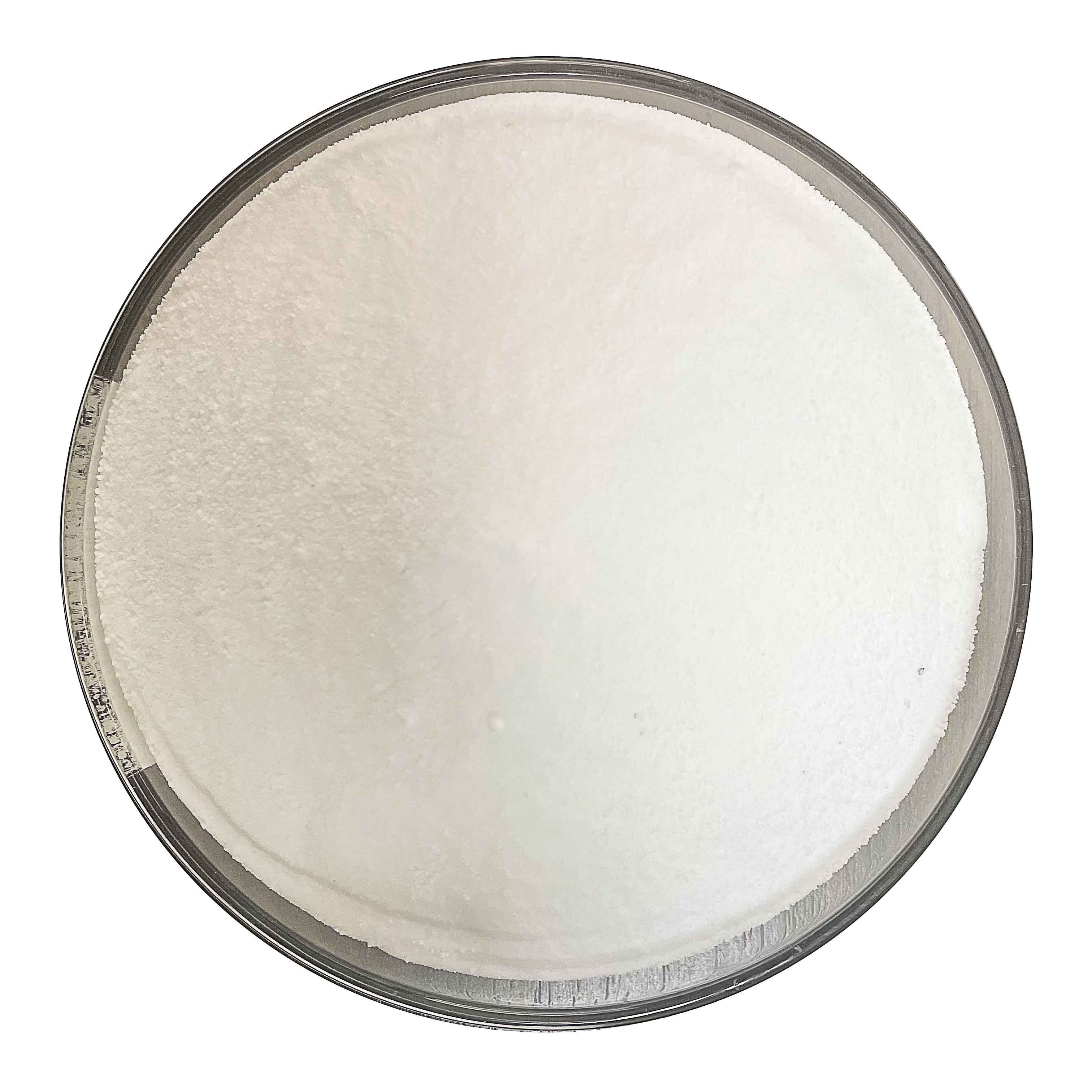
Sep . 21, 2024 18:41 Back to list
high quality 14-14-14 fertilizer for corn
High Quality 14-14-14 Fertilizer for Corn A Balanced Approach to Nutrient Management
Corn is one of the most widely cultivated crops globally, serving as a staple food and a key ingredient in various industries. To achieve optimal growth and high yields, it is essential to provide corn with the right nutrients. One effective way to ensure your corn plants receive balanced nutrition is by using high-quality 14-14-14 fertilizer.
The numbers in 14-14-14 refer to the percentage of three primary nutrients nitrogen (N), phosphorus (P), and potassium (K). This fertilizer is classified as a balanced fertilizer, meaning that it contains equal parts of these essential nutrients. Each plays a vital role in the growth and development of corn plants.
Nitrogen is crucial for the vegetative growth of corn. It promotes leaf and stem development, contributing to a robust plant structure. Adequate nitrogen levels lead to enhanced photosynthesis and overall plant vigor, resulting in higher yields. However, it is essential to apply nitrogen carefully; excess can lead to imbalances and environmental issues.
Phosphorus is important for root development and energy transfer within the plant, particularly during the early stages of growth. Healthy root systems enable corn plants to uptake water and nutrients more effectively, which is critical for establishing a strong foundation. Phosphorus also plays a role in flowering and seed formation, impacting the final yield.
high quality 14-14-14 fertilizer for corn

Potassium aids in various physiological processes within the plant, such as water regulation, enzyme activation, and photosynthesis. It is instrumental in building resilience against environmental stressors like drought, pests, and diseases, ensuring that the corn can thrive despite challenging conditions.
When selecting a 14-14-14 fertilizer, it is essential to consider its quality. High-quality fertilizers are formulated with refined raw materials that improve nutrient availability, reduce the likelihood of runoff, and minimize environmental impact. Additionally, well-manufactured fertilizers dissolve evenly and are less likely to cause plant burn compared to lower quality alternatives.
Application methods also play a significant role in maximizing the benefits of 14-14-14 fertilizer. Soil testing before application can help determine the specific nutrient needs of your corn crop. This understanding allows for precise application rates to avoid over-fertilization. Typically, the fertilizer can be applied during planting or as a side-dressing when the corn is in its early growth stages.
In conclusion, using high-quality 14-14-14 fertilizer for corn can significantly improve growth and yield by providing a balanced supply of essential nutrients. By understanding the roles of nitrogen, phosphorus, and potassium, farmers can implement effective fertilization strategies that promote healthy corn production. Whether you are a large-scale farmer or a small-scale gardener, investing in quality fertilizers is a vital step toward achieving a bountiful harvest.
-
Premium Organic Manure Compost for Eco Gardens
NewsAug.01,2025
-
Organic 10-10-10 Fertilizer | Balanced Plant Nutrients
NewsJul.31,2025
-
Premium Amino Acid Fertilizer | Rapid Plant Growth Booster
NewsJul.31,2025
-
10 10 10 Fertilizer Organic—Balanced NPK for All Plants
NewsJul.30,2025
-
Premium 10 10 10 Fertilizer Organic for Balanced Plant Growth
NewsJul.29,2025
-
Premium 10 10 10 Fertilizer Organic for Balanced Plant Growth
NewsJul.29,2025
